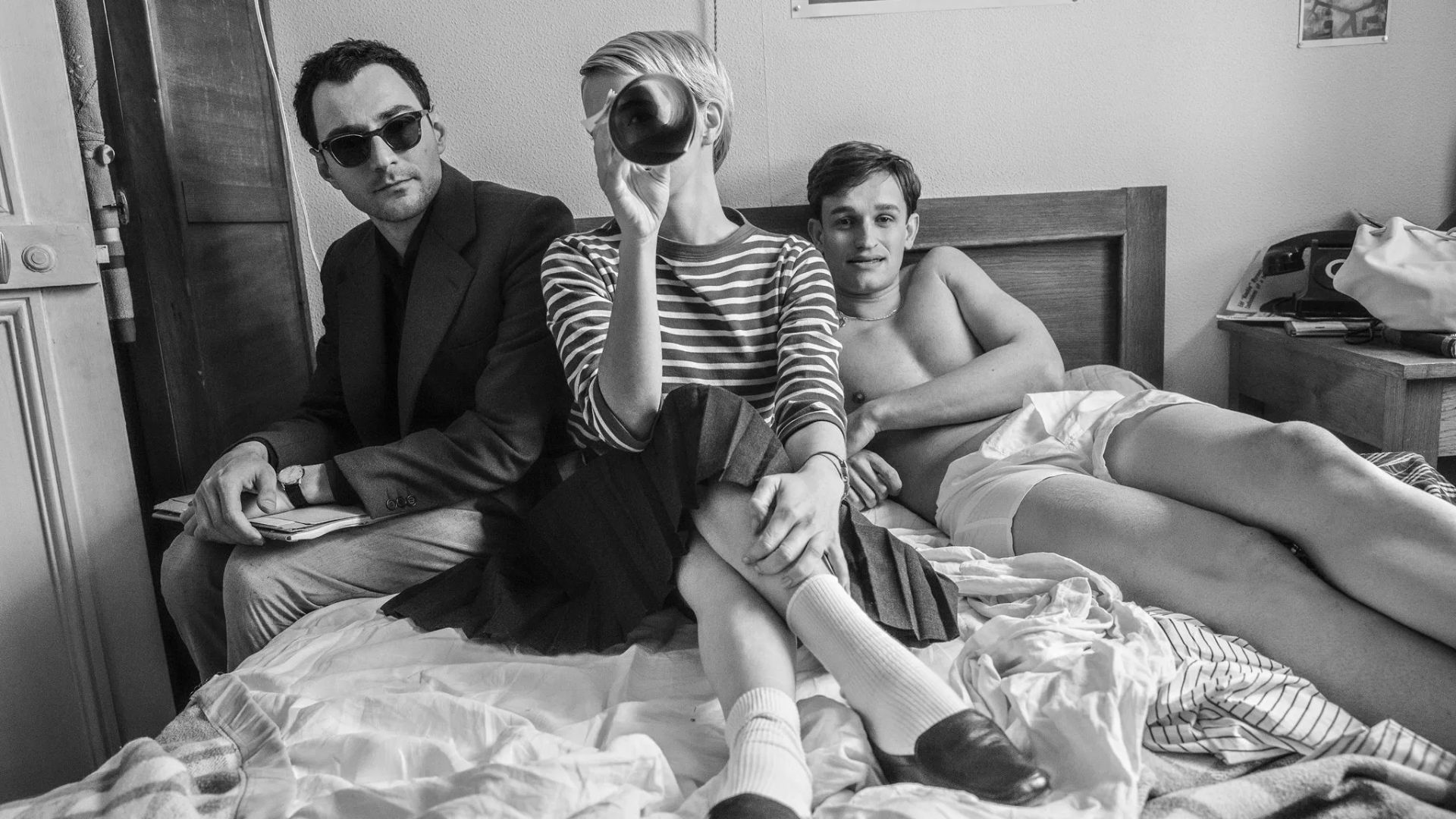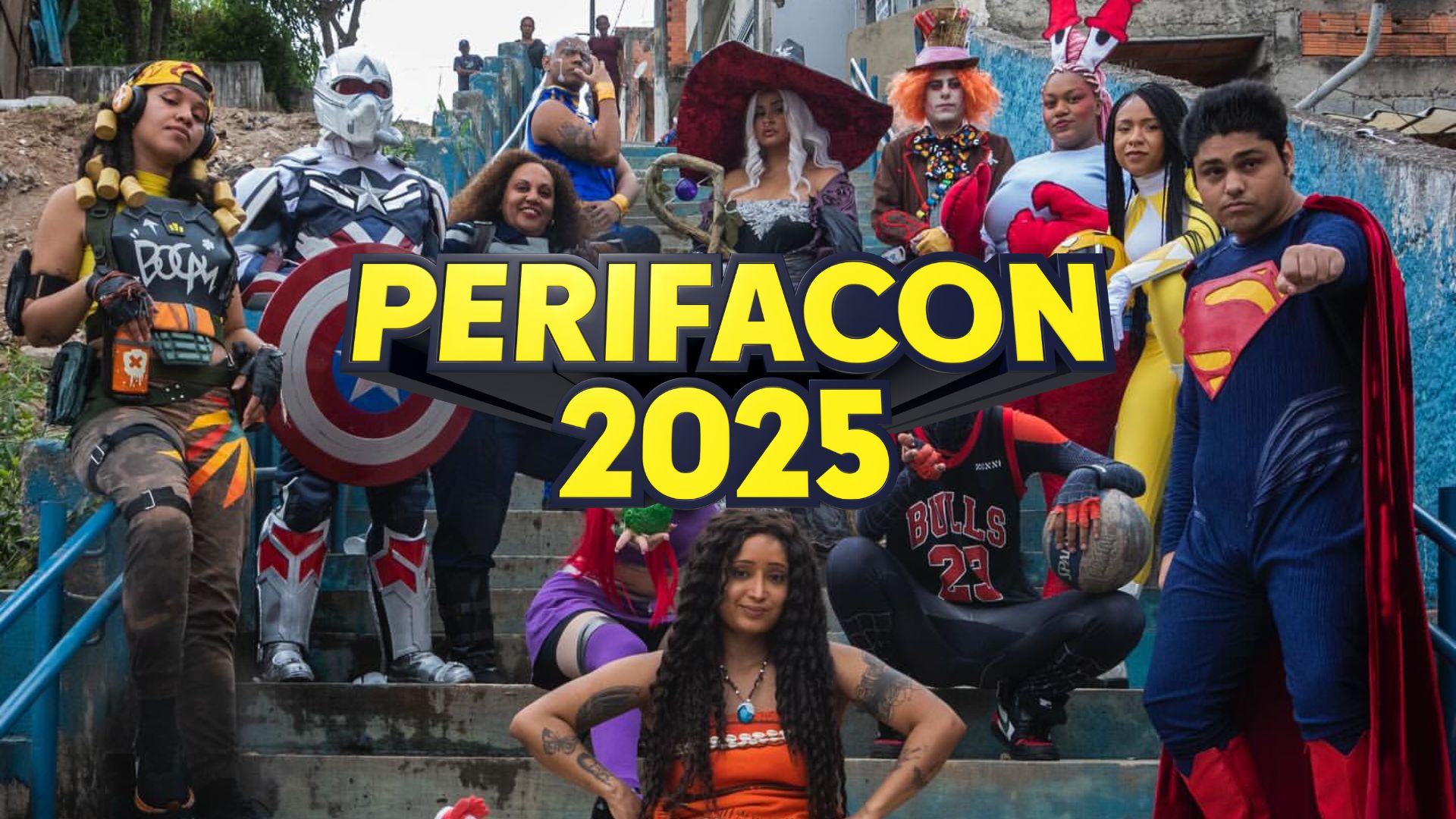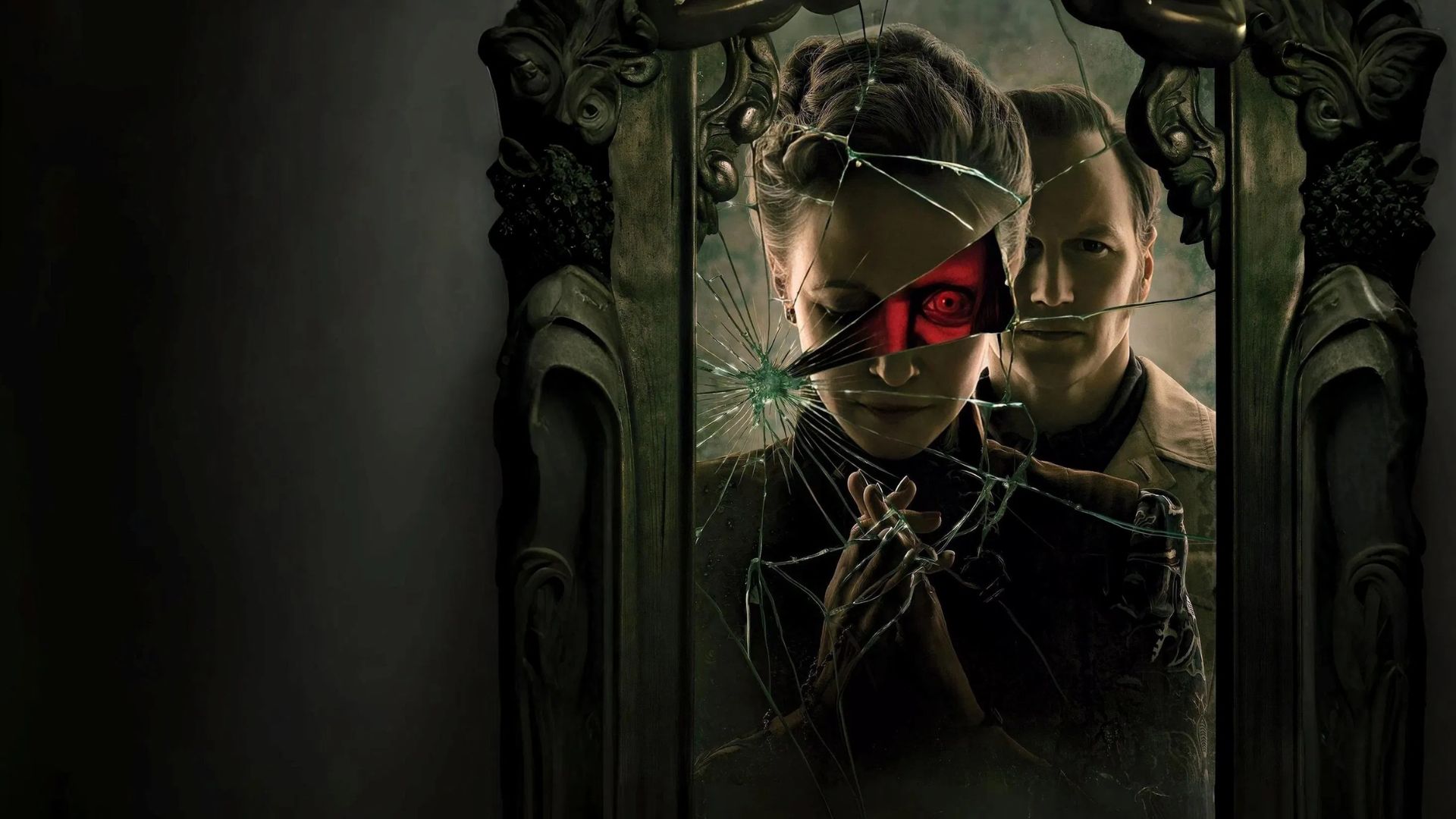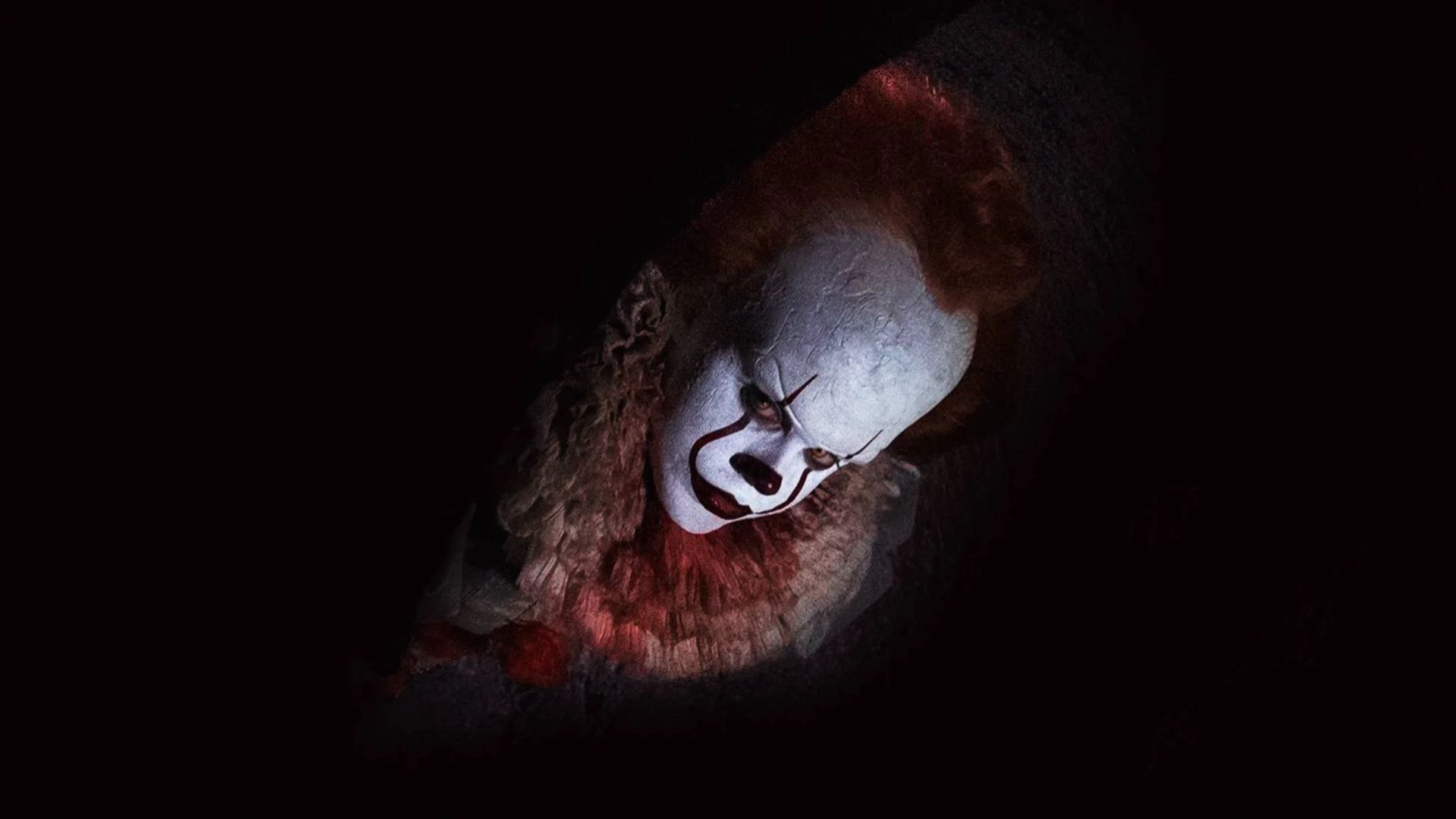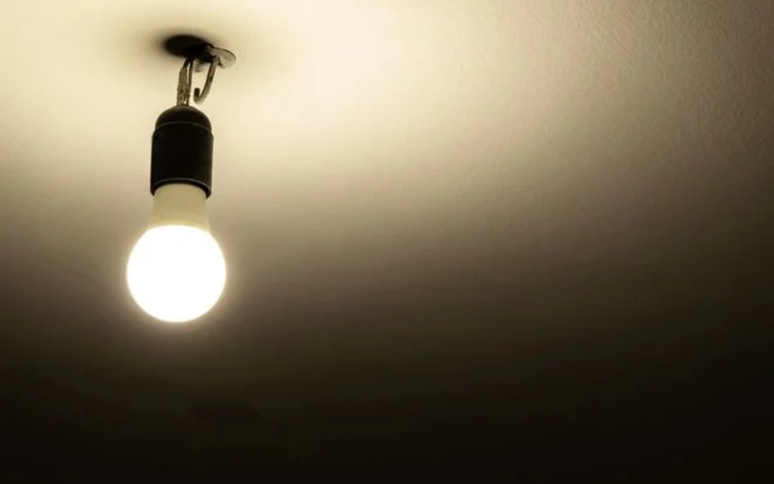Richard Linklater recreates the behind-the-scenes of Acossado with lightness, humor and a lot of affection, celebrating the iconic work of Jean-Luc Godard and his love of cinema in every detail
More than a cinematographic movement, the new vague It was a language revolution. Born in France in the late 1950s, she put the camera in the hands of young critics and dreamers who wanted to free cinema from studio constraints and bring it closer to real life.
Among his most celebrated names is that of Jean-Luc Godardwhich became the ultimate symbol of this rebellion: with Harassed (About souffle1960), he transformed improvisation, sudden cutting and chance into poetic weapons, redefining the way the world saw the moving image.
More than six decades later, Richard Linklater (Random Killer) revisits that initial spark with New Wavea film that not only seeks to reenact the revolution, but to understand what beats in the hearts of those who love cinema.
There’s something irresistible about the idea of an American filmmaker recreating the set of Harassed. The risk of empty bowing was great, but Linklater escapes from him easily. Instead of a self-conscious exercise, the filmmaker makes a light, witty and warm film about the pleasure — and madness — of filming and belonging to a community that believes in images.
The camera moves between behind the scenes and names and faces of the time, revealing not only the characters and settings, but the love itself that sustains the making of cinema. It’s a movie buff’s game for cine buffs, but never exclusive: it’s possible to get on board even without having watched the film. Harassed.
In the film, presented to the Brazilian public at 49th São Paulo International Film Festivalafter writing for the renowned magazine Cahiers du Cinéma, the young Godard (Guillaume Marbeck) decides that making films is the best form of film criticism. He gets his friend and producer Georges de Beauregard (Bruno Dreyfurst) finance a low-budget feature film, creating a summary script together with Francois Truffaut (Adrien Rouyard) about a couple of gangsters.
By recreating the birth of a myth, Linklater he also talks about his own youthful fascination with cinema and the desire to relive the moment when everything seemed possible — a theme that runs through his entire filmography, from Young, Crazy and Rebels (1993) and Boyhood: From Childhood to Youth (2014) a Apollo 10 and a Half: Space Age Adventure (2022), works that capture the amazed gaze of those who discover the world (and themselves) for the first time.
In New Wavethis enchantment is translated into the camera, which sweetly observes both the youth of new vague as well as the fascination of those who still believe in the power of images. At the same time, the meticulous attention to the setting — the costumes, the set design, the camera equipment, the details of Godard — reinforces this idea, allowing the audience to share not only the physical world of the time, but also the enthusiasm and energy of those young French filmmakers and actors, making the experience as affective as it is historical.
There is, however, a layer of irony that makes the film even more interesting and fun. Guillaume Marbeck embodies a Godard divided between genius and ridicule, while Zoey Deutch (Did it have to be him?) brings light and rebellion to your Jean Sebergregretting having left Hollywood to act in a film by a filmmaker who “it is not Claude Chabrol nor Francois Truffaut“, without a script and who lives off improvisation.
This dynamic between such opposing people and artists gives shape to the film, remembering that every revolution is born from eccentric and selfish people, but also diligent and passionate. Linklater observes these egos and enthusiasms with a hint of mockery — almost a comedy of errors about what it means to make art and live with it.
At the end, New Wave is less of an attempt to explain the new vague and yet another invitation to feel it again on some level, even if you don’t apply its precepts to your structure. Linklater does not seem to have great intentions in this more formal sense of filmmaking, but rather just to celebrate its persistence and the birth of one of the most celebrated films in the history of the seventh art. A tribute that entertains in its cinephile exercise full of nods and references and, like all good tributes, makes us remember why we love cinema in the first place.
READ ALSO: 49th São Paulo Film Festival: Follow Rolling Stone Brasil’s coverage
-
49th São Paulo International Film Festival
-
harassed
-
criticism
-
Jean Seberg
-
Jean-Luc Godard
-
São Paulo Film Festival
-
sp show
-
new vague
-
richard linklater
-
zoey deutch
Source: Rollingstone
Earl Johnson is a music writer at Gossipify, known for his in-depth analysis and unique perspective on the industry. A graduate of USC with a degree in Music, he brings years of experience and passion to his writing. He covers the latest releases and trends, always on the lookout for the next big thing in music.

